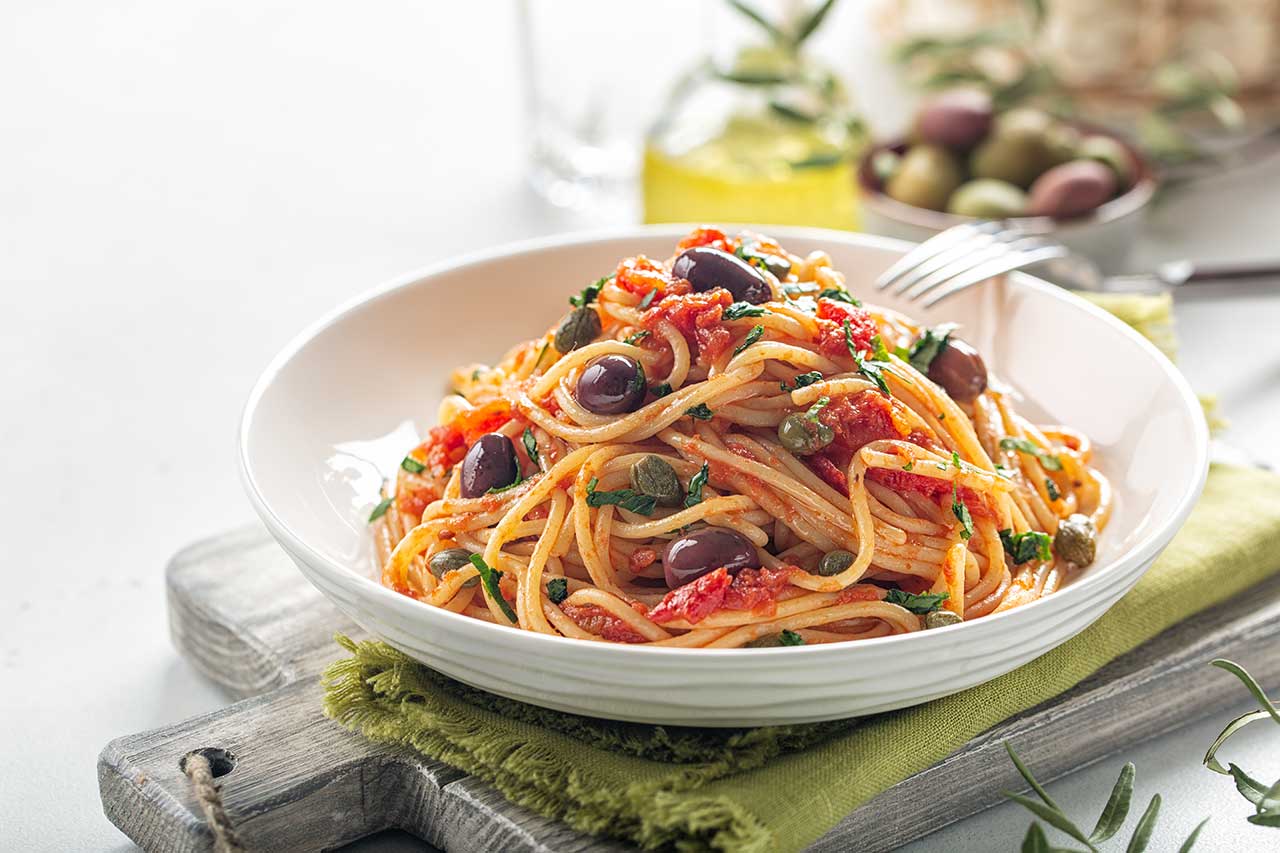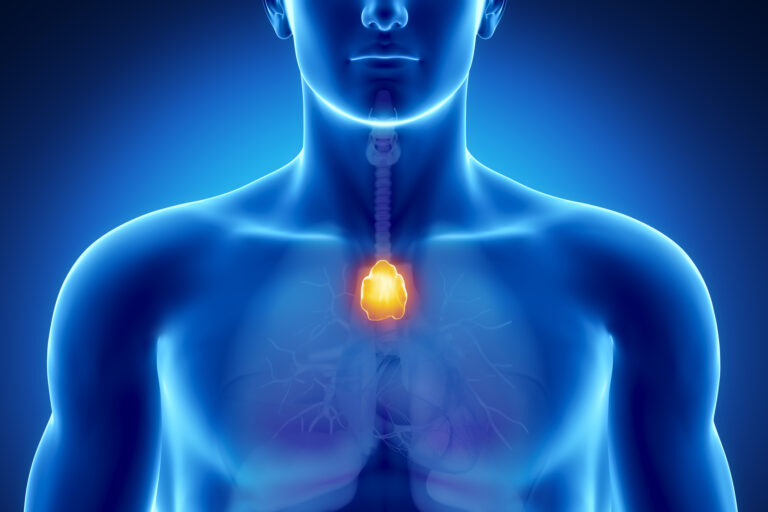
Bệnh nhược cơ (MG) là một tình trạng đe dọa tính mạng phổ biến ảnh hưởng đến hàng triệu người. Mặc dù có thể rất đáng sợ nếu bạn được chẩn đoán mắc MG, nhưng may mắn thay, có rất nhiều cách để điều trị. các lựa chọn điều trị có thể giúp bạn lấy lại cuộc sống bình thường. Bác sĩ có thể khuyên bạn nên áp dụng một chế độ ăn uống nhất định để giảm thiểu các triệu chứng của MG.
Nhận được sự cho phép trước của IVIG
Bệnh nhược cơ là gì?
Bệnh nhược cơ (MG) là một rối loạn tự miễn dịch mạn tính, nghĩa là hệ thống miễn dịch sẽ tấn công nhầm vào các tế bào của chính cơ thể. Trong MG, các kháng thể ngăn chặn, thay đổi hoặc phá hủy các thụ thể tham gia vào quá trình co cơ. Khi điều này xảy ra, sự giao tiếp bình thường giữa dây thần kinh và cơ bị gián đoạn, khiến cơ xương trở nên yếu. Hiện tại vẫn chưa có cách chữa khỏi bệnh, tuy nhiên, việc chăm sóc y tế kịp thời có thể giúp kiểm soát các triệu chứng của MG và giảm hoặc cải thiện tình trạng yếu cơ. Có một số liệu pháp giúp giảm và cải thiện tình trạng yếu cơ, nhưng không có phương pháp điều trị nào phù hợp nhất cho tất cả những người mắc MG.
Các triệu chứng của bệnh nhược cơ
MG chủ yếu ảnh hưởng đến các cơ tự nguyện của cơ thể, đặc biệt là các cơ ở miệng, cổ họng, mắt và chân tay. triệu chứng của MG bao gồm:
- Yếu ở cổ
- Sụp mí mắt ở một hoặc cả hai mí mắt
- Nhìn mờ hoặc nhìn đôi
- Thay đổi biểu cảm khuôn mặt
- Khó nuốt
- Nói kém
- Hụt hơi
- Vấn đề đi bộ
- Yếu ở cánh tay và bàn tay
- Một sự thay đổi trong biểu cảm khuôn mặt
Trong những trường hợp nghiêm trọng, MG có thể gây suy hô hấp, cần được chăm sóc y tế khẩn cấp ngay lập tức.
Vì các triệu chứng của MG có thể tương tự như các triệu chứng của các rối loạn tự miễn dịch khác nên điều quan trọng là phải liên hệ với bác sĩ để được chẩn đoán chính xác.
Chế độ ăn uống tốt nhất cho bệnh nhược cơ
Duy trì chế độ ăn uống cân bằng, giàu dưỡng chất thiết yếu là rất quan trọng cho sức khỏe tổng thể. Nó đảm bảo cơ thể bạn hoạt động tối ưu, xương chắc khỏe và cung cấp năng lượng cần thiết để đạt được mục tiêu. các hoạt động sinh hoạt hàng ngày (ADL) và mục tiêu tập thể dục.
Bệnh MG có thể gây ra một số vấn đề, chẳng hạn như yếu cơ, khiến bạn khó ăn một số loại thực phẩm nhất định. Thuốc dùng để điều trị MG có thể ảnh hưởng đến sự thèm ăn, quá trình trao đổi chất, cân nặng và khả năng tập thể dục của bạn.
Để cơ thể dễ dàng hấp thụ các chất dinh dưỡng cần thiết, bạn cần cân nhắc một số thay đổi sau:
- Các loại thực phẩm bạn ăn và cách bạn chế biến chúng.
- Cách bạn nhai thức ăn.
- Cách bạn ngồi khi ăn.
- Cách bạn lên kế hoạch cho bữa ăn của mình.
Mỗi chủ đề này sẽ được trình bày chi tiết hơn ở phần dưới.
Nhận hỗ trợ đồng thanh toán IVIG
Nói chuyện với một chuyên giaCác loại thực phẩm bạn có thể ăn và cách chế biến chúng
Nhìn chung, bạn nên ăn đa dạng các loại thực phẩm, chú ý chọn những loại ít chất béo, chất béo bão hòa và cholesterol. Ăn nhiều rau, trái cây, ngũ cốc nguyên hạt và thực phẩm giàu protein. Chỉ nên sử dụng đường và muối ở mức độ vừa phải. Nếu uống đồ uống có cồn, hãy uống ở mức vừa phải, hạn chế tối đa hoặc nếu có thể thì không uống.
Một cách tuyệt vời để bắt đầu là chọn những món ăn mềm, ngon miệng vì chúng dễ nhai và nuốt hơn. Ví dụ như rau củ thái nhỏ, nghiền hoặc xay nhuyễn, cá, súp, salad trứng, mì ống, sữa chua, đậu phụ, hạt diêm mạch, yến mạch ngâm qua đêm, sốt táo, chuối và sinh tố.
Các loại thực phẩm giàu một số chất dinh dưỡng nhất định cũng có thể rất có lợi, chẳng hạn như cà chua, đậu trắng, đậu lăng, chuối, khoai lang, bí mùa đông, củ cải đường, rau bina, mơ, bơ, cam, sữa chua, nấm portobello và bông cải xanh. Những thực phẩm này rất giàu kali, cần thiết cho sự co cơ bình thường. Một số loại thuốc MG có thể gây tiêu chảy hoặc mất kali, dẫn đến nồng độ kali trong cơ thể thấp, do đó cần ăn nhiều thực phẩm giàu kali hơn.
Nấu ăn bằng cách hấp, chần, om, ninh, luộc và rang có thể giúp làm mềm nhiều loại thực phẩm cứng và dễ nhai hơn. Làm ẩm thực phẩm rắn bằng nước sốt, nước dùng, nước dùng hoặc sữa chua cũng là một kỹ thuật tốt để làm mềm thức ăn. Hãy chọn các nguồn protein mềm hơn như đậu phụ, cá và đậu. Khi chọn thịt, hãy chọn thịt xay, xé nhỏ hoặc băm nhỏ để dễ nhai hơn. Chất lỏng nên được làm đặc đến độ đặc mà bác sĩ hoặc chuyên gia trị liệu ngôn ngữ nói của bạn khuyến nghị để tránh chúng vô tình đi vào phổi (khát vọng), có thể dẫn đến viêm phổi do hít phải.
Cách bạn nhai thức ăn
Bạn nên cố gắng cắt thức ăn thành những miếng vừa ăn, và có thể cần giới hạn mỗi lần nuốt khoảng nửa thìa cà phê hoặc ít hơn để tránh nguy cơ hít phải thức ăn. Bạn nên ăn chậm, nhai kỹ để đảm bảo không nuốt trọn những miếng thức ăn lớn. Cuối cùng, bạn nên ngồi thẳng lưng và cẩn thận không cúi đầu về phía trước hoặc khom lưng khi nuốt thức ăn. Những lời khuyên hữu ích khác bao gồm nghỉ ngơi giữa mỗi lần ăn và nghỉ ngơi trước bữa ăn nếu cần. Không nói chuyện trong khi ăn cũng có thể hữu ích để tiết kiệm năng lượng.
Cách bạn lập kế hoạch cho bữa ăn của mình
Lên kế hoạch bữa ăn hợp lý có thể mang lại tác động tích cực đến sức khỏe tổng thể của bạn. Một số lời khuyên hữu ích bao gồm ăn nhiều bữa nhỏ trong ngày thay vì ăn nhiều bữa nhỏ và ít bữa. Hãy đặt mục tiêu ăn những bữa lớn hơn vào đầu ngày. Trong những khoảng thời gian này, bạn thường sẽ có nhiều năng lượng hơn, giúp việc nhai và nuốt thức ăn dễ dàng hơn.
Nhận liều IVIG của bạn
Truyền dịch tại nhàNhững thực phẩm mà người mắc bệnh nhược cơ nên tránh

Người mắc bệnh MG nên tránh một số loại thực phẩm nhất định vì chúng có thể làm tăng nguy cơ hít sặc. Ngoài ra, tốt nhất nên hạn chế thực phẩm chứa nhiều đường và muối. Ví dụ về các loại thực phẩm nên hạn chế hoặc tránh bao gồm:
- Thức ăn khô/giòn/vụn có thể khó nuốt
- Các sản phẩm bánh mì khô như bánh mì tròn, bánh nướng xốp và bánh sandwich (Nếu gặp khó khăn khi nuốt, tốt nhất nên tránh những thực phẩm có kết cấu nhão trong miệng.)
- Thịt dai, khó nhai và khó nuốt
- Thực phẩm đóng gói quá mức có hàm lượng muối hoặc đường cao
- Thực phẩm có lượng lớn caffeine, chẳng hạn như cà phê và soda
- Thức ăn cay, nóng
- Một số thực phẩm từ sữa nếu bạn không dung nạp được lactose
Hãy cẩn thận, đặc biệt là khi nhấp môi, vì chất lỏng có thể dễ dàng trôi vào phổi và gây ho hoặc nghẹn. Bạn cũng nên đặc biệt cẩn thận khi nuốt thức ăn có cả chất lỏng và cục/vón cục như súp gà/mì hoặc ngũ cốc trong sữa. Mức độ ảnh hưởng đến các cơ nuốt ở mỗi người mắc MG khác nhau. Việc đánh giá bởi chuyên gia trị liệu ngôn ngữ có thể giúp xác định độ đặc của thức ăn và chất lỏng nào là tốt nhất cho bạn.
Mẹo ăn uống cho người mắc bệnh nhược cơ
Tốt nhất nên cố gắng ăn những thực phẩm không để lại cặn trong cổ họng để tránh gây khó nuốt. Ví dụ, hãy tránh những thực phẩm sau nếu chúng để lại cặn trong miệng:
- Thực phẩm dễ vỡ (bánh quy giòn, bánh quy, khoai tây chiên)
- Sản phẩm bánh mì khô
Mẹo: Nếu bạn quyết định ăn những loại thực phẩm này và/hoặc các loại thực phẩm cứng khác, bạn nên làm ẩm chúng trước khi ăn.
Để giảm bớt sự mệt mỏi khi ăn, một số điều cần cân nhắc bao gồm:
- Ăn nhiều bữa nhỏ thay vì ba bữa lớn trong một ngày
- Ăn bữa ăn lớn nhất khi bạn có nhiều năng lượng nhất trong ngày
- Cắt nhỏ thức ăn lớn thành những miếng nhỏ hơn
Luôn trao đổi với bác sĩ và chuyên gia dinh dưỡng trước khi bổ sung thêm thực phẩm chức năng vào chế độ ăn uống của bạn.
Phần kết luận
Mặc dù bệnh nhược cơ là một tình trạng không có cách chữa khỏi, việc kiểm soát rối loạn này đã được cải thiện qua nhiều năm nhờ những tiến bộ trong y học. Bằng cách áp dụng các nguyên tắc cơ bản của dinh dưỡng tốt, người mắc bệnh nhược cơ có thể sống một cuộc sống lành mạnh và trọn vẹn hơn. Chất lượng chế độ ăn uống là một trong những chìa khóa cho một cuộc sống khỏe mạnh. Mặc dù người mắc bệnh nhược cơ có thể phải thay đổi kết cấu thực phẩm và bổ sung các loại thức ăn mềm mới, họ vẫn nên cố gắng ăn đa dạng các loại thực phẩm để đáp ứng nhu cầu dinh dưỡng của mình. khuyến nghị về chất dinh dưỡng hàng ngày.
IVIG có thể giúp ích gì?
Thông tin điều trị IVIG miễn phíNhững câu hỏi thường gặp
Chế độ ăn uống tốt có thể chữa khỏi bệnh nhược cơ không?
Cho đến nay vẫn chưa có nghiên cứu nào chứng minh chế độ ăn uống lành mạnh có thể ngăn ngừa MG. Tuy nhiên, việc duy trì chế độ ăn uống lành mạnh có thể giúp giảm các triệu chứng.
Nếu bạn đang dùng corticosteroid, hãy cân nhắc những điều chỉnh chế độ ăn uống sau:
- Tăng lượng kali hấp thụ để giúp bổ sung lượng kali bị mất do dùng thuốc.
- Đảm bảo đủ canxi để hỗ trợ sức khỏe xương và giảm nguy cơ mất xương.
- Hạn chế tiêu thụ natri để giúp giảm thiểu tình trạng tích nước.
Ngay cả khi không dùng corticosteroid, hãy ăn một chế độ ăn uống lành mạnh và tập luyện khuyến nghị dinh dưỡng hàng ngày có thể mang lại nhiều lợi ích. Ngoài ra, một số chất bổ sung có thể hữu ích trong việc kiểm soát các triệu chứng. Ví dụ, trong nghiên cứu thí điểm trong số những người bị thiếu vitamin D và mắc MG, việc bổ sung Vitamin D3 tới 800 IU/ngày đã làm giảm tình trạng mệt mỏi cơ tới 38% ở những người mắc MG.
Căng thẳng có thể làm các triệu chứng của bạn trở nên trầm trọng hơn không?
Đúng vậy, căng thẳng gây căng cơ, có thể làm trầm trọng thêm các triệu chứng của MG. Bạn có thể kiểm soát mức độ căng thẳng của mình thông qua thiền định và các bài tập thở sâu, nhưng nếu bạn không có thời gian cho những bài tập này hoặc cảm thấy chúng không hiệu quả, bạn nên luôn trao đổi với bác sĩ về một kế hoạch điều trị cá nhân hóa.
Rượu có thể làm trầm trọng thêm các triệu chứng của bệnh MG không?
Rượu có thể gây mờ mắt, mất thăng bằng và nói ngọng. Uống rượu có chừng mực có thể không gây hại, nhưng hãy đảm bảo bạn tham khảo ý kiến bác sĩ trước khi uống rượu.













